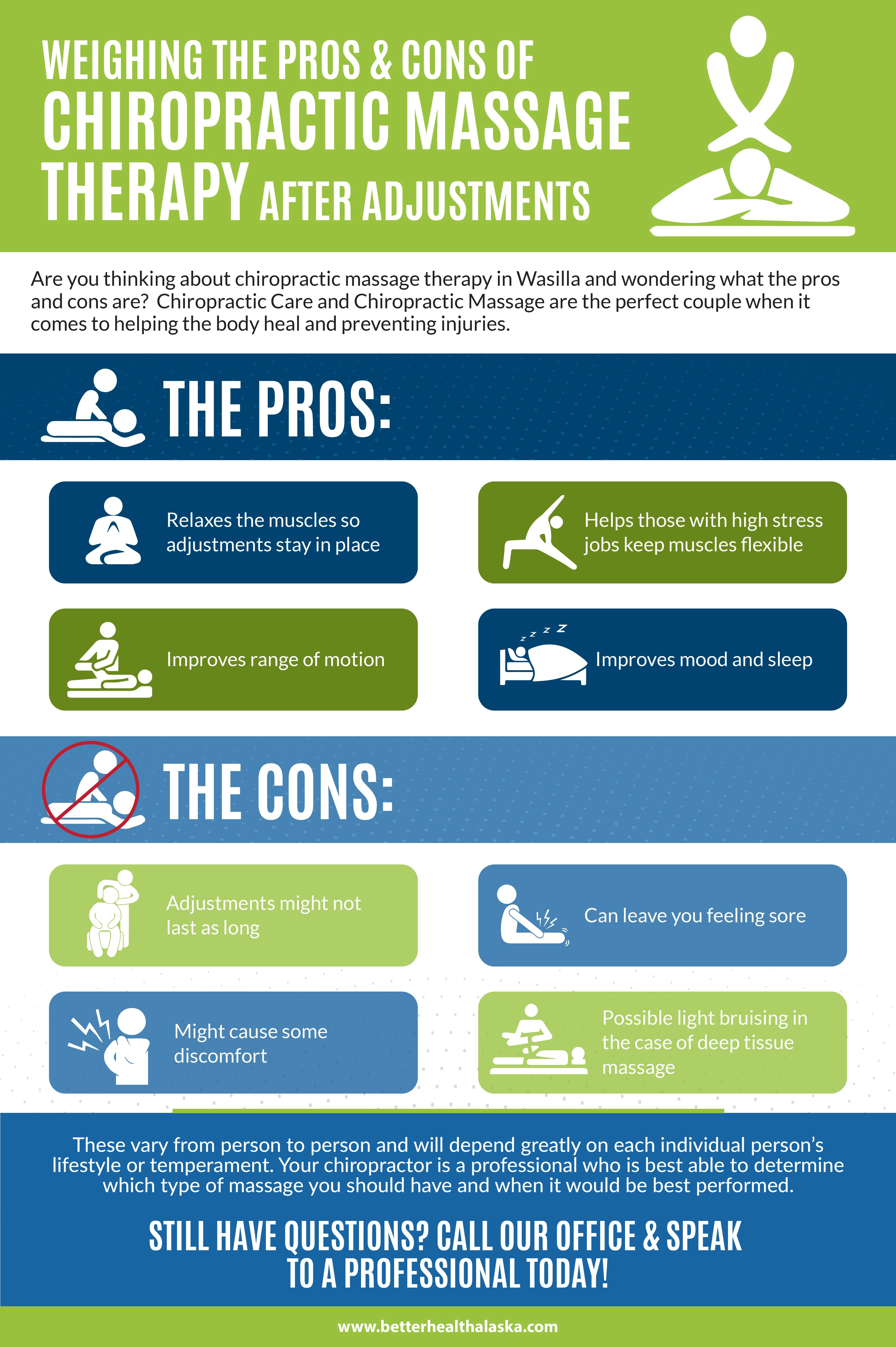The Influence Of Diet Plan On Back Pain Monitoring: Foods To Incorporate And Foods To Omit
The Influence Of Diet Plan On Back Pain Monitoring: Foods To Incorporate And Foods To Omit
Blog Article
Short Article Writer-Livingston Jordan
When it concerns handling your pain in the back, the food options you make can dramatically affect exactly how you really feel every day. Imagine having the ability to alleviate your discomfort merely by changing what you eat. By recognizing the role of nutrition in back pain monitoring and recognizing which foods to integrate or steer clear of, you can take proactive actions in the direction of a much healthier and much more comfy way of living. The link between nutrition and back health is more extensive than you may understand-- allow's explore how specific foods can either relieve or worsen your back pain.
Value of Nourishment in Pain In The Back
Nourishment plays an essential function in taking care of back pain. Your diet plan can significantly affect swelling levels and general discomfort levels in your back. Taking in a balanced diet regimen abundant in nutrients like vitamins D and K, calcium, magnesium, and omega-3 fatty acids can help reduce inflammation and enhance bones, which are important for back health and wellness.
Furthermore, maintaining a healthy weight through appropriate nutrition can reduce tension on your spinal column, decreasing the risk of pain in the back.
Moreover, how to stop back pain like antioxidants found in vegetables and fruits can aid combat oxidative anxiety and advertise recovery in the body, including the back muscles and spine.
On the other hand, consuming excessive amounts of processed foods, sweet drinks, and undesirable fats can add to inflammation and weight gain, worsening neck and back pain.
Foods to Eat for Back Health And Wellness
To support a healthy back, including nutrient-rich foods right into your daily meals is vital. Including foods high in antioxidants like berries, spinach, and kale can help in reducing inflammation in your back, easing discomfort and discomfort. pregnancy chiropractor near me -3 fats discovered in fatty fish such as salmon and mackerel have anti-inflammatory buildings that can profit your back health.
Additionally, taking in nuts and seeds like almonds, walnuts, and chia seeds offers essential nutrients like magnesium and vitamin E, which support muscular tissue function and minimize oxidative anxiety. Incorporating lean proteins such as hen, turkey, and tofu can assist in muscular tissue repair service and maintenance, promoting a solid back.
Don't forget to include milk or strengthened plant-based choices for calcium to sustain bone health. advanced care chiropractic but not least, hydrate with plenty of water to maintain your spine discs moistened and functioning optimally. By including these nutrient-dense foods in your diet regimen, you can nurture your back and support general back health and wellness.
Foods to Stay Clear Of for Pain In The Back
Select avoiding refined foods high in sugarcoated and trans fats when seeking remedy for pain in the back. These sorts of foods can add to inflammation in the body, which may worsen pain in the back. Say no to sugary treats sweet, breads, and sweet drinks, along with fast food items like burgers, french fries, and fried chicken that are commonly filled with trans fats.
In addition, steer clear of foods including high degrees of refined carbohydrates, such as white bread, pasta, and pastries, as they can increase blood glucose levels and potentially worsen swelling in the body.
It's likewise a good idea to restrict your intake of foods high in saturated fats, like red meat and full-fat dairy items, as they can add to inflammation. Processed foods like delicatessens meats, chips, and packaged treats are commonly high in hydrogenated fats and need to be eaten in small amounts.
Final thought
Finally, taking note of your diet plan and making smart food selections can have a considerable effect on handling back pain. By incorporating nutrient-rich foods like berries, fatty fish, nuts, and lean proteins, and preventing processed and sugary things, you can help reduce swelling and support in general back wellness. Bear in mind, what you eat plays a crucial role in how you really feel, so make sure to prioritize your nutrition for a healthier back.
